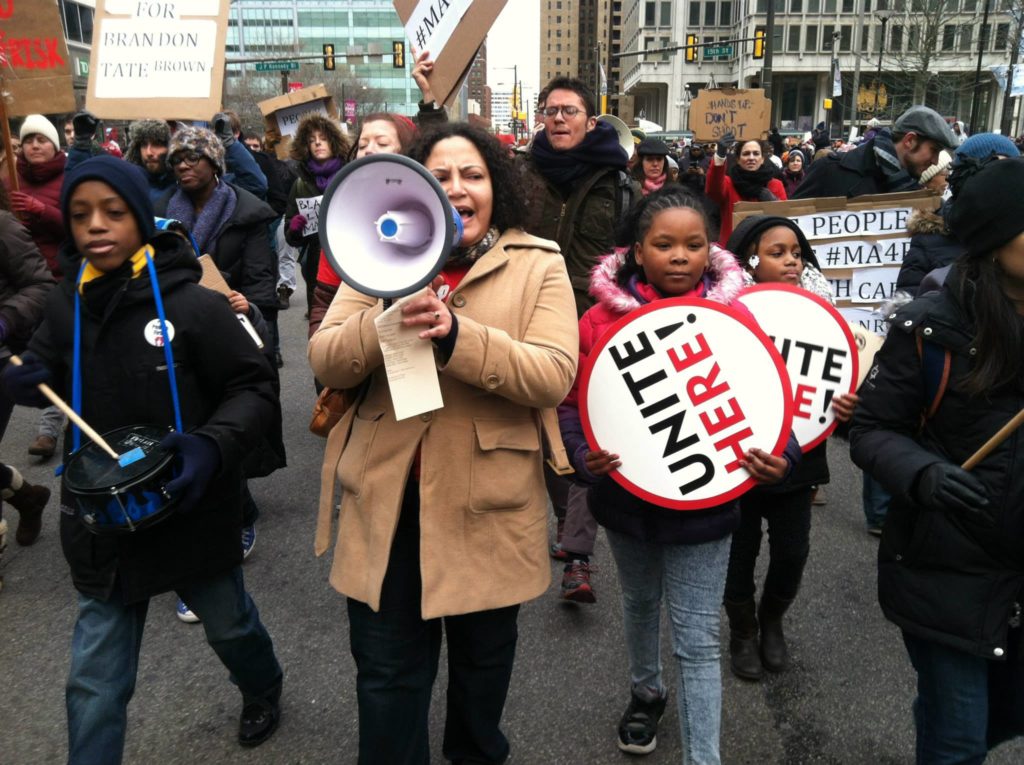
Nijmie Zakkiyyah Dzurinko, Co-Chair of the Pennsylvania Poor People’s Campaign, Co-Founder of Put People First! PA
Nijmie Zakkiyyah Dzurinko grew up in a steel town in western Pennsylvania as the industry was closing down and the town began to hollow out with no other economy to take its place. When she moved to Philadelphia at the age of 16, she got involved with the Philadelphia Student Union, and later joined the Poverty Scholars Program at the Kairos Center. In 2013 she co-founded Put People First! PA and continues to drive campaigns that center healthcare as a uniting issue across race and geography. Nijmie is a Co-Chair of the Pennsylvania Poor People’s Campaign.
I’m a black and Indigenous woman and I grew up in a de-industrializing town in western Pennsylvania called Monessen. I had a very intense start in life — my father was actually murdered while my mother was pregnant with me, and I was only with her for about ten days before she gave me to her parents. They weren’t super happy about getting another one of their grandchildren to take care of, but thankfully they took me in.
My grandfather was a steelworker so I saw that industry closing and leaving, the means to live stripped away from families, and the town hollowing out — like so many places in Pennsylvania where Capital has fled and there hasn’t been an alternative to take its place.
Growing up, my grandmother home-schooled me until I was seven years old, when I tested into 4th grade and started public school. Because of the stress and dysfunction of my home I wanted to be at school as much as possible. When I was 11 my uncle John moved us across the state to a small house within spitting distance of the city line in the well-funded Lower Merion school district so that I could get a better public education. I’ve been living in Philadelphia since I was 16, when I moved out of my house and into my college dorm at the University of Pennsylvania.
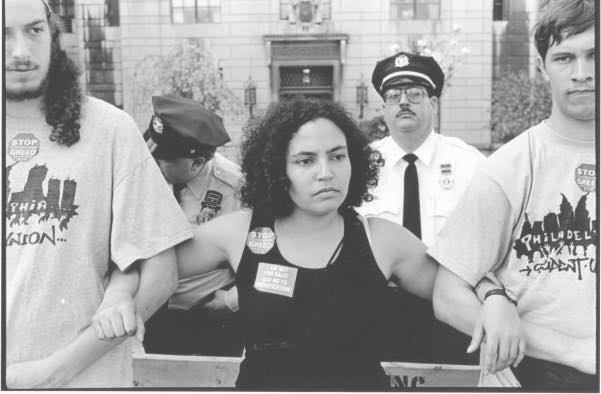
My early life and my experiences as a young person are what really drove me to want to get involved in changing society. I was not raised in an organizing family or a context that was radical in any way — with two exceptions. My grandfather was a union member and I remember writing an essay about why unions are important that won me an award and a chance to speak at a state fair. And secondly, I was taught about Jesus by my grandmother.
But in general I didn’t come from a family that really politicized me, it was just my actual life experience that did it. It made me want to work with youth which is one of the things that drew me to being an Americorps volunteer, building community gardens with youth in North Philadelphia, and then working with the Philadelphia Student Union. I didn’t know anything about organizing, I just wanted to be a person who was there to support young people. But that’s how I started to learn about organizing and that sent me on a journey which has involved many phases of growth, building many organizations, and learning over time.
One of the formative experiences that shaped me as an organizer was getting involved with the Poverty Initiative, which is now the Kairos Center, in 2005, with Rev. Dr. Liz Theoharis and Willie Baptist. The Poverty Scholars Program brought together leaders from different poor and dispossessed working-class organizations across the country, to build relationships, study political economy and liberation theology and immerse ourselves in different contexts throughout the U.S.
Being a part of that process from 2005, to develop this network of relationships, and putting out the call to reignite the Poor People’s Campaign in 2008, 10 years before the 50th anniversary of the original campaign, has been a really important part of my growth and learning.
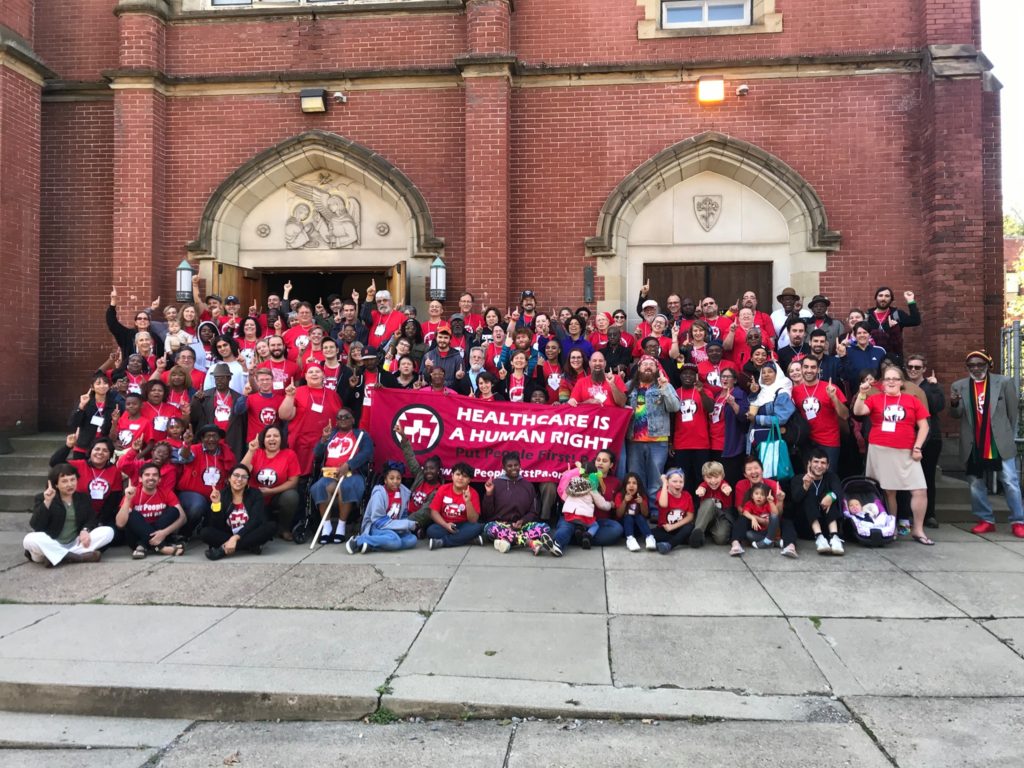
When we founded Put People First! PA in 2013 we decided to focus on healthcare. We were inspired by the historic victory in 2011 of the Vermont Workers’ Center who passed a law guaranteeing healthcare as a right in their legislature. Two of the biggest divisions among the working class in Pennsylvania are race and geography. Healthcare has proven to be an issue that can unite people across those divides. Everyone has a body. Our experiences are not all the same but healthcare is something that everyone really needs.
Two of the biggest divisions among the working class in Pennsylvania are race and geography. Healthcare has proven to be an issue that can unite people across those divides. Everyone has a body. Our experiences are not all the same but healthcare is something that everyone really needs.
We also know there are places where healthcare is not treated as a commodity, it is treated as a right. We knew it was possible to transform the healthcare system and that to do so would mean to be a part of a larger societal transformation.
Our goal is to build permanently organized communities, which means that people are going to need to be a part of a struggle over the course of many years. This is not about bringing people together over the short term — it’s actually an acknowledgment that transforming society in the way that the Poor People’s Campaign talks about is a long-term struggle.
What we’re trying to do in Pennsylvania is build organization in every place that we can.
It takes time, but we’ve made some inroads in the last eight years. We now have members of the Nonviolent Medicaid Army in 17 counties and we have Healthcare Rights Committees in nine counties across the state.
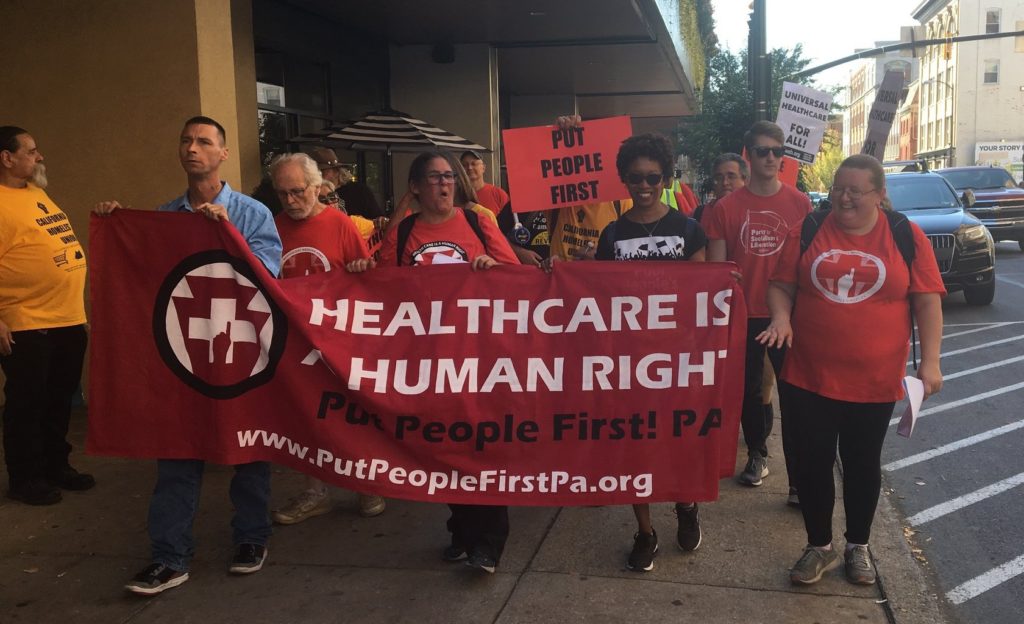
For working-class people, it isn’t about whether you are a Democrat or Republican, it’s about what our experiences have been and the stake we have in changing the system. We are organizing people who have a stake in changing the system. And that is the vast majority of people whether they’re aware of it right now or not. A lot of people are aware of it because they are living every day with the effects, and they’re not happy with how things are.
We are organizing people who have a stake in changing the system. And that is the vast majority of people whether they’re aware of it right now or not.
Healthcare is a really strong point for the working class, and in our estimation a weak point for the ruling class. The ruling class sees it as a recession-proof sector to dump their capital, but they are losing the ideological struggle because there is no longer any justification for preventing anyone from getting the care they need because of cost or any other reason. And no reason why shareholders and CEOs should be getting enriched from our pain, sickness and death.
During the pandemic, the insanity of hospitals closing, healthcare workers being furloughed, the lack of personal protective equipment and testing, and the dangerous conditions in nursing homes, becomes even more clear. All of these things are going on that don’t make any sense. You can’t really justify them. That situation gives the working class leverage — if we’re engaging with the struggle for healthcare as a class struggle. If we can deal a blow to the ruling class at a place of their weakness and our strength — that’s a blow to them on every front.
